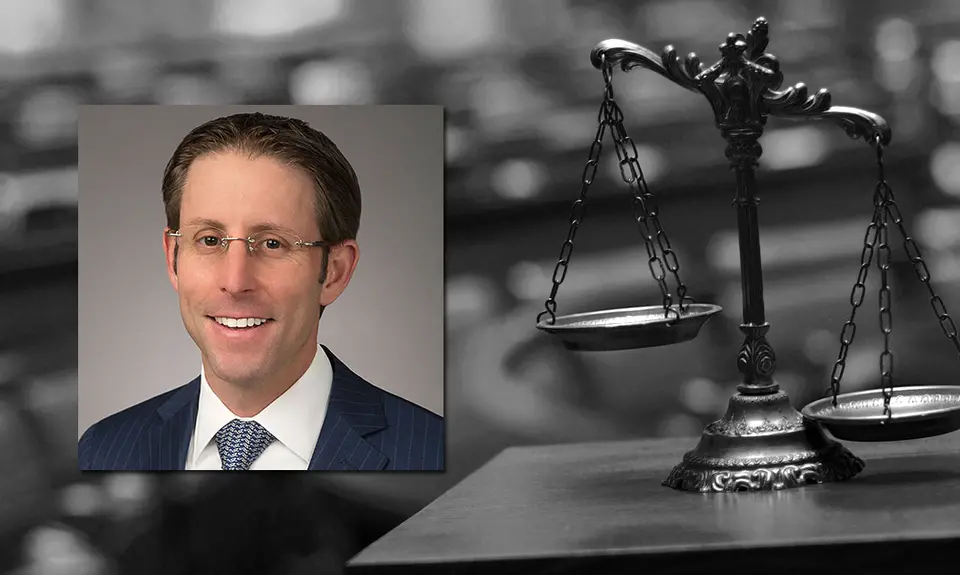“Confirmed Judges, Confirmed Fears” is a blog series documenting the harmful impact of President Trump’s judges on Americans’ rights and liberties. Cases in the series can be found by issue and by judge at this link.
Trump Ninth Circuit judge Daniel Bress dissented from a refusal to rehear a ruling that would allow a prisoner held at Guantanamo Bay, Cuba to subpoena documents that would help him prove his contentions that he was tortured by the CIA. The July 2020 decision was Husayn v. Mitchell.
Zayn al-Abidin Muhammad Husayn was being held at Guantanamo Bay as part of a CIA post 9/11 enhanced interrogation program. Husayn filed an application to subpoena depositions in a criminal investigation pertaining to his being tortured. The government intervened asserting the state secrets privilege, which meant Husayn’s access to the evidence would pose a risk to national security. Not all of the information sought by Husayn was subject to the privilege. The district court initially granted Husayn’s application, but later “quashed” Husayn’s subpoena entirely.
Husayn appealed to the Ninth Circuit. The majority reversed the district court’s decision, explaining that it should be a rare instance that the state secrets doctrine “leads to dismissal at the outset of a case.” They went on to say that the district court should not have quashed the subpoena in its entirety. The court should have attempted to separate the nonprivileged information from the privileged information.
The government petitioned the Ninth Circuit for an en banc rehearing of the case, but the matter failed to receive a majority of the votes and the petition was denied.
Trump Judge Daniel Bress dissented from the denial of the rehearing, joined by Trump judges Bennett, R. Nelson, Bade, Lee, Hunsaker, Bumatay, and Vandyke plus several others. Bress stated that he believed the majority’s decision conflicted with governing precedent, and posed a serious risk to national security. However, in an opinion concurring in the denial of rehearing, Judge Richard Paez and others acknowledged that while some facts can be embarrassing to the government, the purpose of the state secrets privilege is not to insulate the government from criticism, but rather to ascertain whether certain facts are secrets. Only then can the privilege possibly apply. They continued that the court has conducted the analysis of disentangling “classified information from nonprivileged material often, without difficulty, ” and “the dissent’s references to other cases we have decided are simply inapt in this context.”
